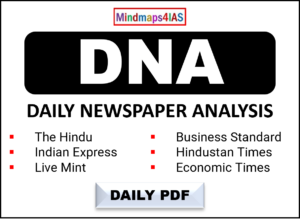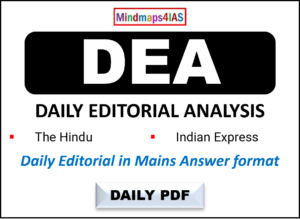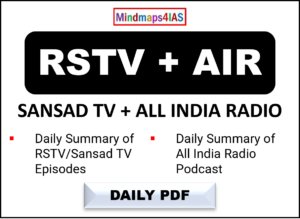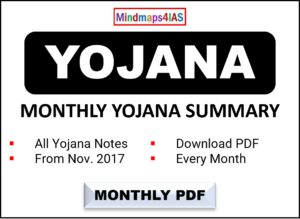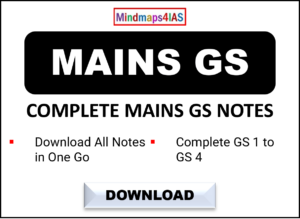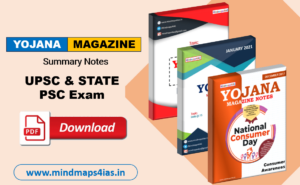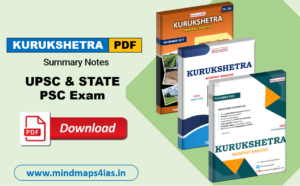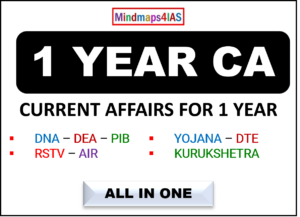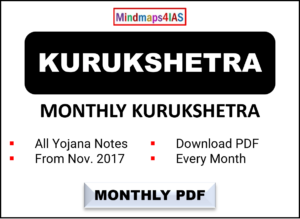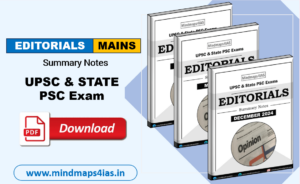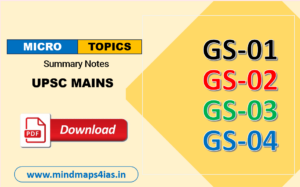Date of Interview: 8th March 2024, Afternoon (last candidate of the day)
Board: Sh. Sanjay Verma Sir
Home State: Chandigarh
Optional: Economics
College (UG/PG) –
Department of Economics, Panjab University Campus
Educational background – 5 years integrated Honours School in Economics
Profession/Work Profile/Projects mentioned(if any) – NA
Hobbies – Not asked
Achievements (if any) -Not Asked
Your experience in interview via a detailed transcript –
Took the permission to enter the room. Entered the room wished all and they asked to sit.
Chairman:
|
Member 1:
|
Member 2:
|
Member 3:
|
Member 4:
|
Chairman (Closing):
|

